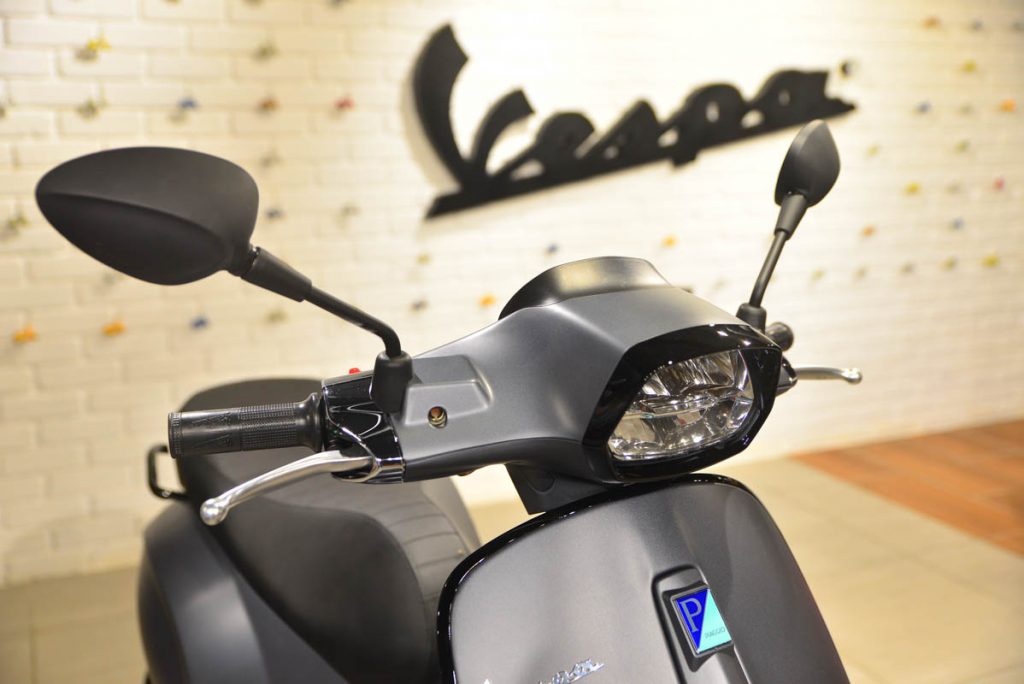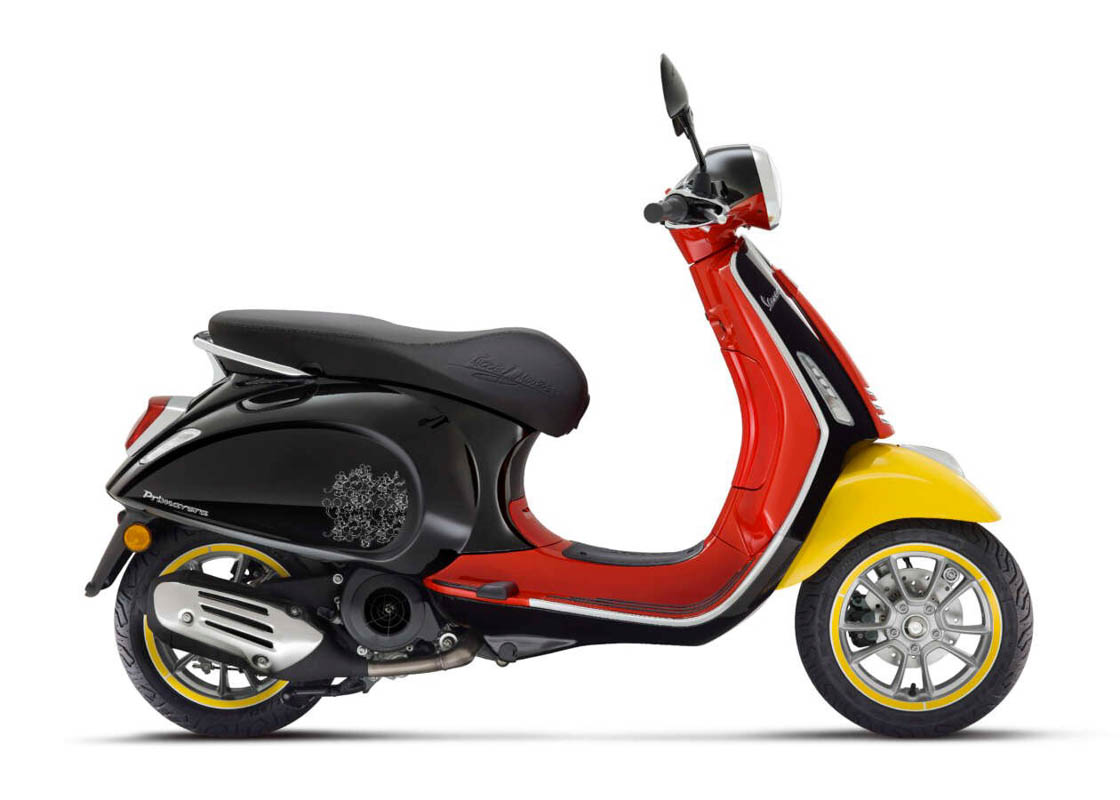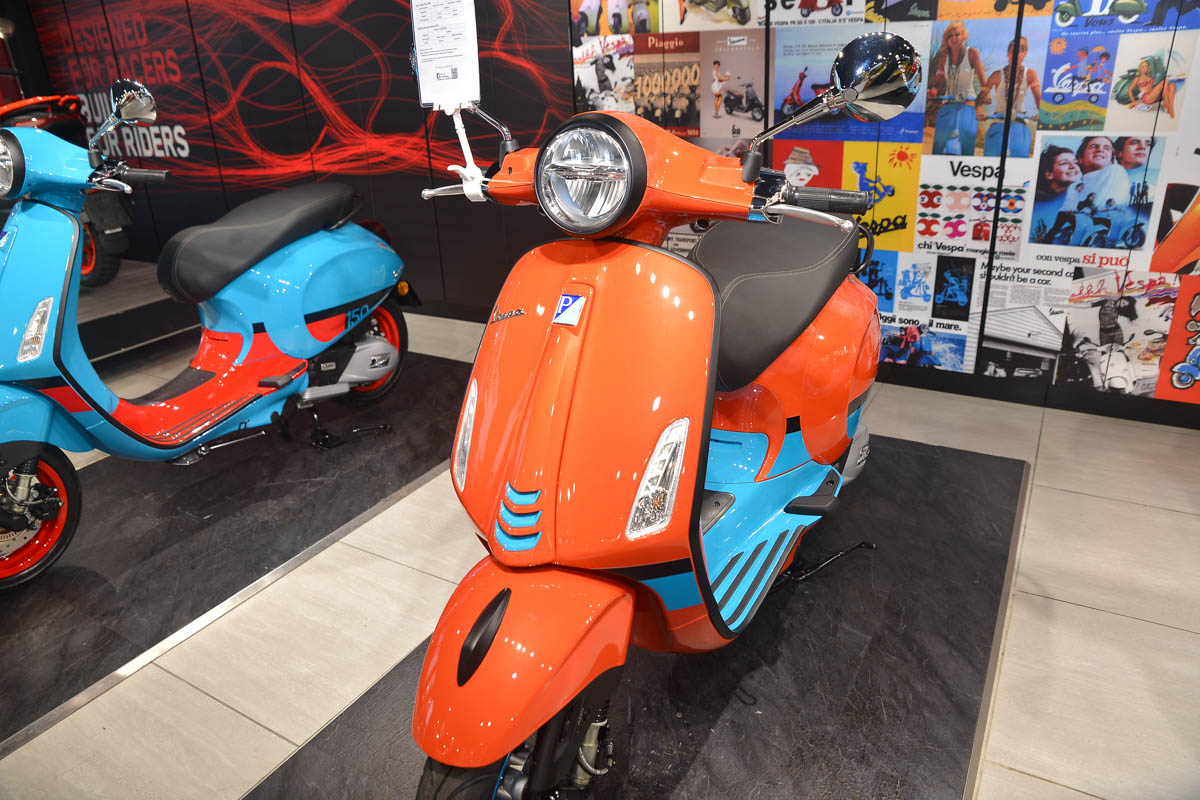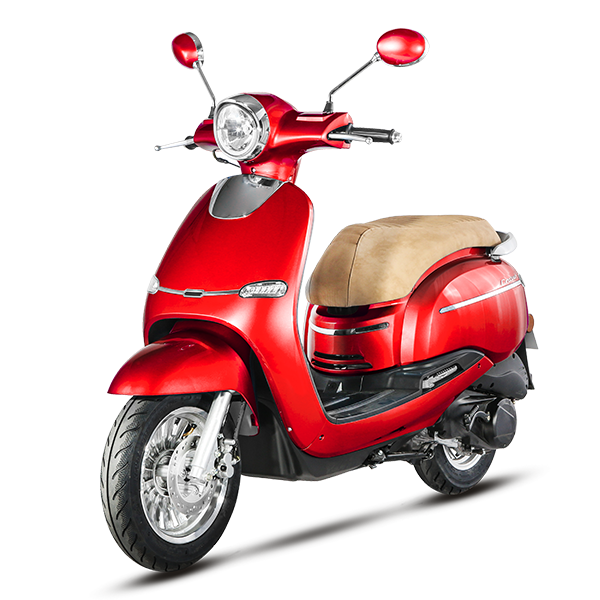Vespa stands as an unequivocal icon in every conceivable aspect. Its significance is not only rooted in its timeless design but also in the enduring legacy of the company, which has been in existence since 1946. Remarkably, the design of Vespa scooters has remained largely unchanged since that pivotal year.
The brand’s value has experienced a remarkable surge, witnessing a staggering 19% growth in just the past two years.
According to Interbrand, a global brand consulting organisation, Vespa has surpassed the 1 billion Euro mark, asserting its dominance as the primary contributor to the Piaggio Group’s financial success, boasting a substantial 30% increase in turnover as of 2022.
Under the adept stewardship of Piaggio over the last few decades, Vespa has adhered to a strategic approach, blending significant under-the-surface technical enhancements with well-considered stylistic refinements.
This approach has been applied judiciously to both the high-end GTS and the more compact Primavera models.
Consequently, Vespa has not only retained its classic, nostalgic allure but has also fortified its reputation for functionality, reliability, and safety.
Recently, Vespa’s iconic status received formal recognition from the Court of Justice of the European Union (CJEU), affirming that the design of Vespa is unmistakable and cannot be replicated, making it instantly recognizable across Europe.
This judicial pronouncement concluded a decade-long legal dispute between the Piaggio Group and the Chinese Zhejiang Zhongneng Industry Group. The latter had introduced the ZNEN scooter, an unabashed copy of the Vespa, leading to a protracted legal battle.
In 2014, the European Union Intellectual Property Office (EUIPO) acknowledged the unique design of Vespa and granted it trademark status. However, in 2018, Zhejiang Zhongneng Industry Group managed to overturn the Vespa trademark in court, leveraging their strengthened position in Europe after acquiring the Moto Morini brand.
Subsequently, the EUIPO reversed its earlier decision, allowing the Chinese company to freely manufacture and sell its ZNEN scooter (seen below).
In response, Piaggio Vespa mounted a vigorous defense, seeking recourse from the CJEU to reinstate Vespa’s design as a trademark. The EU court sided with Piaggio Vespa, rendering the ZNEN scooter ineligible for import and sale anywhere in Europe.
This legal victory echoed a similar triumph for Vespa against another Chinese imitator in 2020, Chen Huang (below), who had also produced replicas of the iconic Vespa.
These successes underscore Vespa’s commitment to safeguarding its distinctive identity, a stance that may extend to safeguarding its iconic uniqueness in other global markets.























